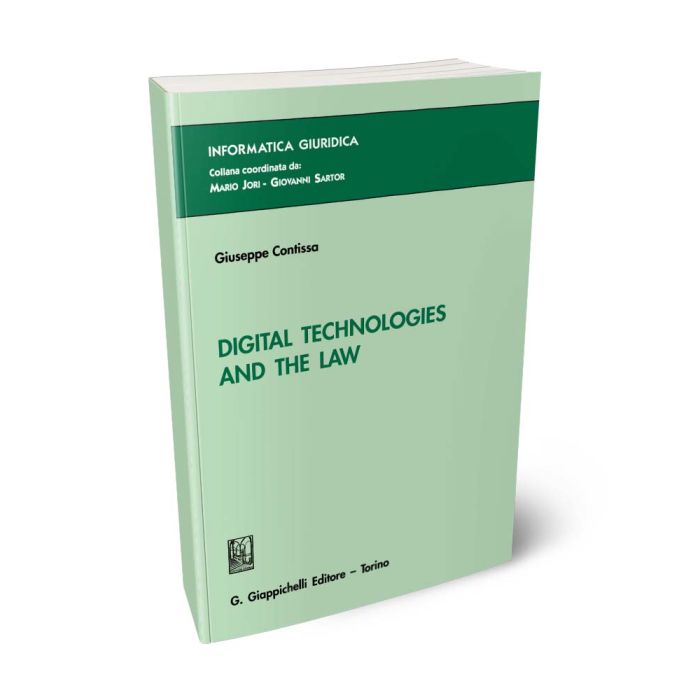Digital technologies are creating a new model of society where every human activity or business and every public function or service is highly dependent on technologies that process information, as well as on the production and exchange of information-based goods and services. Artificial Intelligenc...
Digital technologies are creating a new model of society where every human activity or business and every public function or service is highly dependent on technologies that process information, as well as on the production and exchange of information-based goods and services. Artificial Intelligence is reshaping our lives, our social interactions and activities, and, in some ways, our human nature. This revolution creates new risks and opportunities for individuals and for the whole of society, and consequently new demands for protection of fundamental legal values and rights. Technology, in particular AI, changes the work of lawyers and legal professionals. Lawyers should be interested in understanding basic concepts and principles of digital technologies. On the one hand, only by knowing the basics can lawyers gain awareness of the opportunities and risks involved in their use and of their impact on legal values. On the other hand, the knowledge of principles of computer science is needed to understand the opportunities to use digital technologies in legal activities. Following this perspective, the book is organised in two parts. In the first part (Legal Informatics), the basic concepts of computer science (hardware and software, data, internet, artificial intelligence) are presented, as their main implications for the legal domain and the activities of legal professionals. In the second part (Digital Law), the main legal topics in digital law are presented (data protection, intellectual property, platforms law, liability and automation), together with an overview of the main regulatory initiatives, focusing on EU law (GDPR, AI Act, DMA, DSA).












